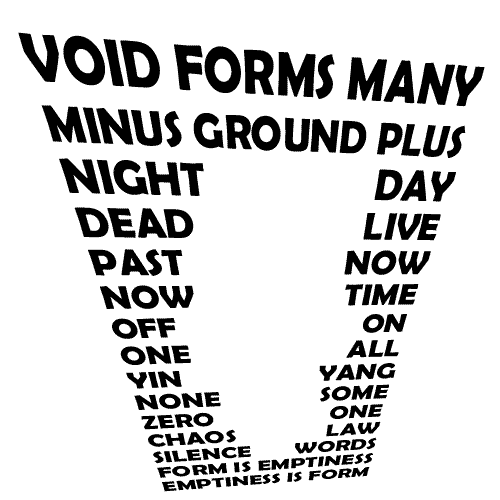
Perhaps the most obvious feature of the human condition, but one often masked, is our weakness and imperfection. For example:
· Physically, we get tired, we get sick, we age, we die
· We cannot regulate human society in an equitable manner, control violence, racism, sexism, etc.
· Human history is a cul de sac of violence; particularly the 20th, so far reproduced in the 21st century
· The growth of our ignorance; the more we learn the more we know we don’t know.
· The triumph of technology, but a triumphant march ending in environmental damage or possible extinction.
· And in our personal lives, the difficulty we have in changing when we know we must.
· Gullibility, anger, obsessions, groupthink, etc., all these personal, psychological and sociological characteristics of humankind.
And as the weakness and failure of human being is displayed to us in our experience, observation and in the great intellectual streams of our culture, so we realise that what we have based our lives on might be nothing more than an evanescence of limited lasting value. Our own existence, the reality of the world, truth, God, everything seems to disappear.
It can be hard to feel this at times and not mask it with our strengths and activities, or hide from it with the push of a button.
We fear this emptiness. Sometimes we try to define it away as abnormal, morbid, or perhaps a result of sin. We are not an emptiness, surely, so we fill our lives and our minds with great intellectual systems, busy ourselves with the practicalities of life, become owned by our possessions, and stuff our lives with relationships or the lack of them. And all to hide the hole at the centre of our existence.
But what if it was natural to be empty and hollow? What if, theologically speaking, we are made to be empty? What if our failure and sin as human beings was an indication that we are made hollow, empty, weak, beings that lack? What if sin is essentially the denial of our hollowness, and the result of our own efforts to fill the emptiness? What if our hollowness and emptiness is not to be feared, but the source of becoming who we truly are?
If any of this were true, it would change things. We would still have our weakness and emptiness, our failure and hollowness. These would remain experiences with the power to devastate our comfortable lives. But not only to devastate what is false, but also invite us to what is most real. Imagine if it were true that you and I, and the whole cosmos, were lacking something at the heart of our existence, and this lack was not just the result of sin, but also our original blessing?
1. Where do you find your weakness/hollowness most visible?
2. What do you do with it? Fill it? Fear it? Run, mask it? Live out of it? (If this latter, how do you sustain this sense of weakness and hollowness without it overwhelming you?)
3. How do you sit with your own sin and failure? The sin and failure of other people?
4. If Adam and Eve had not sinned, would Christ still have needed to come?